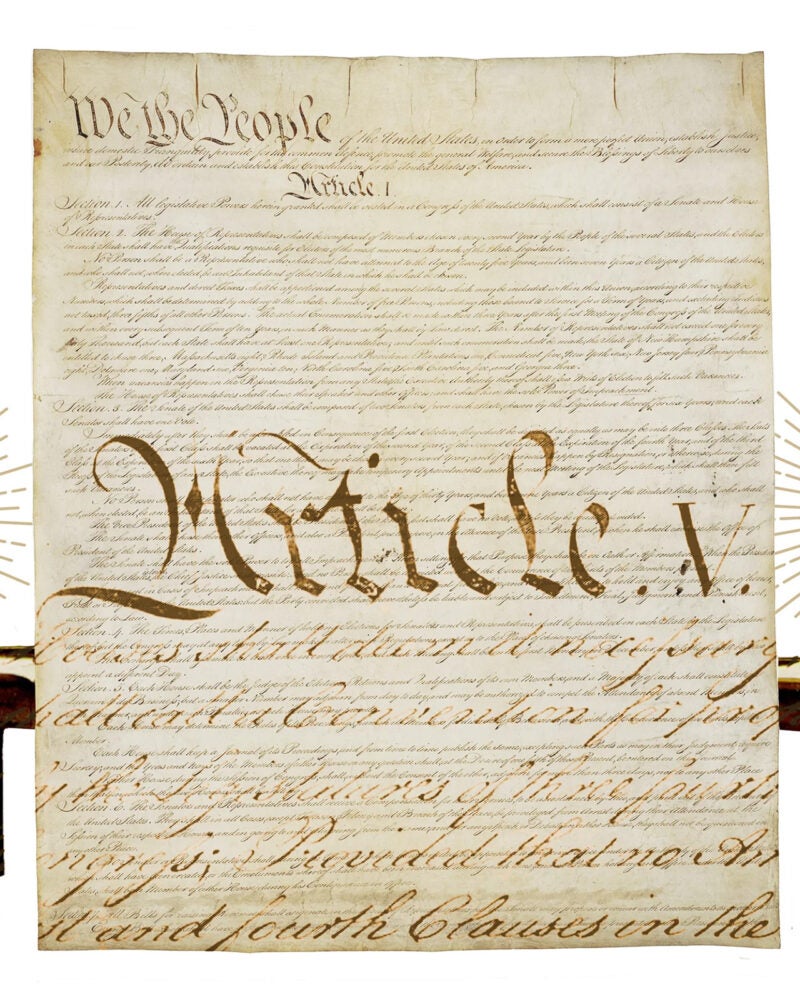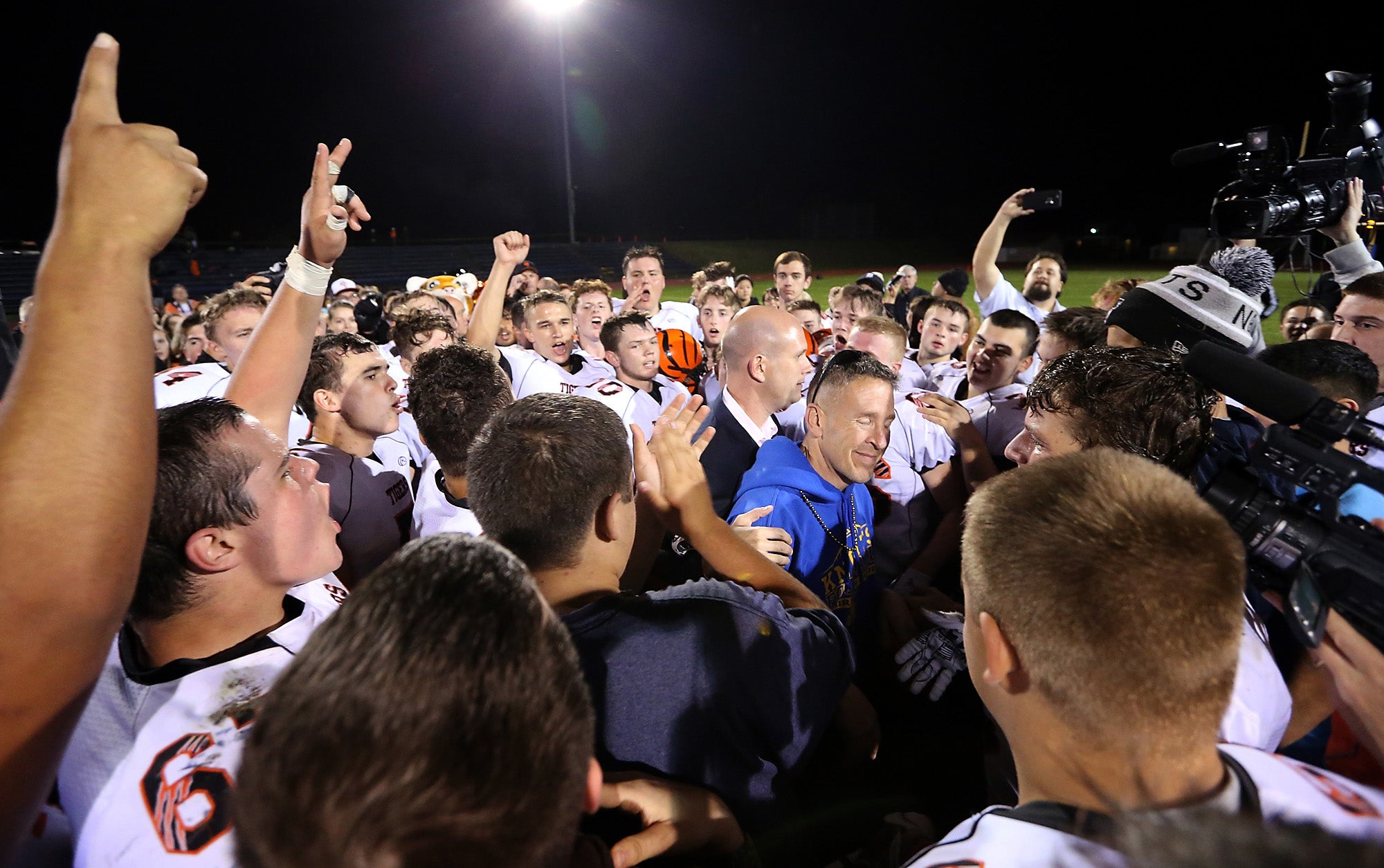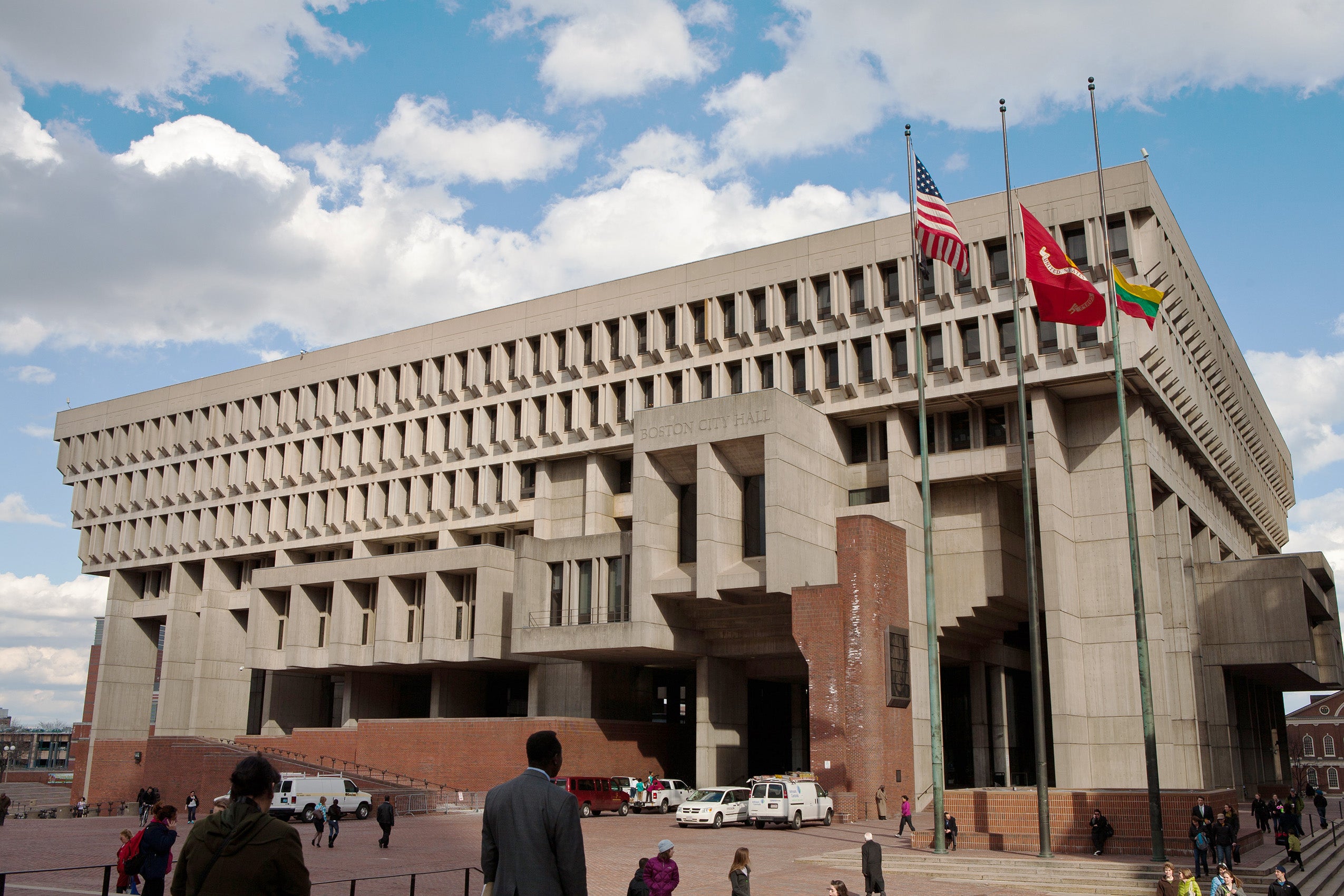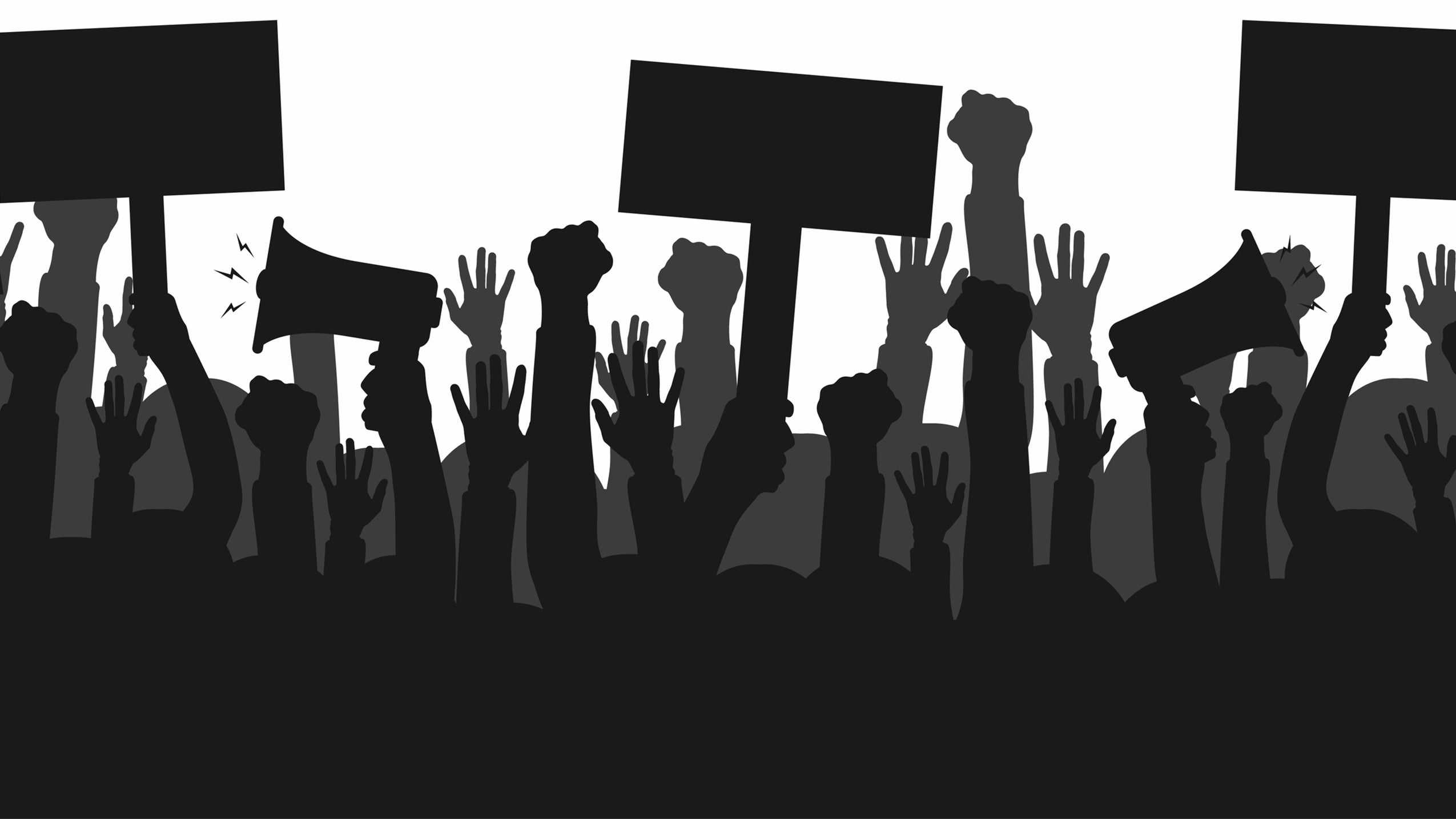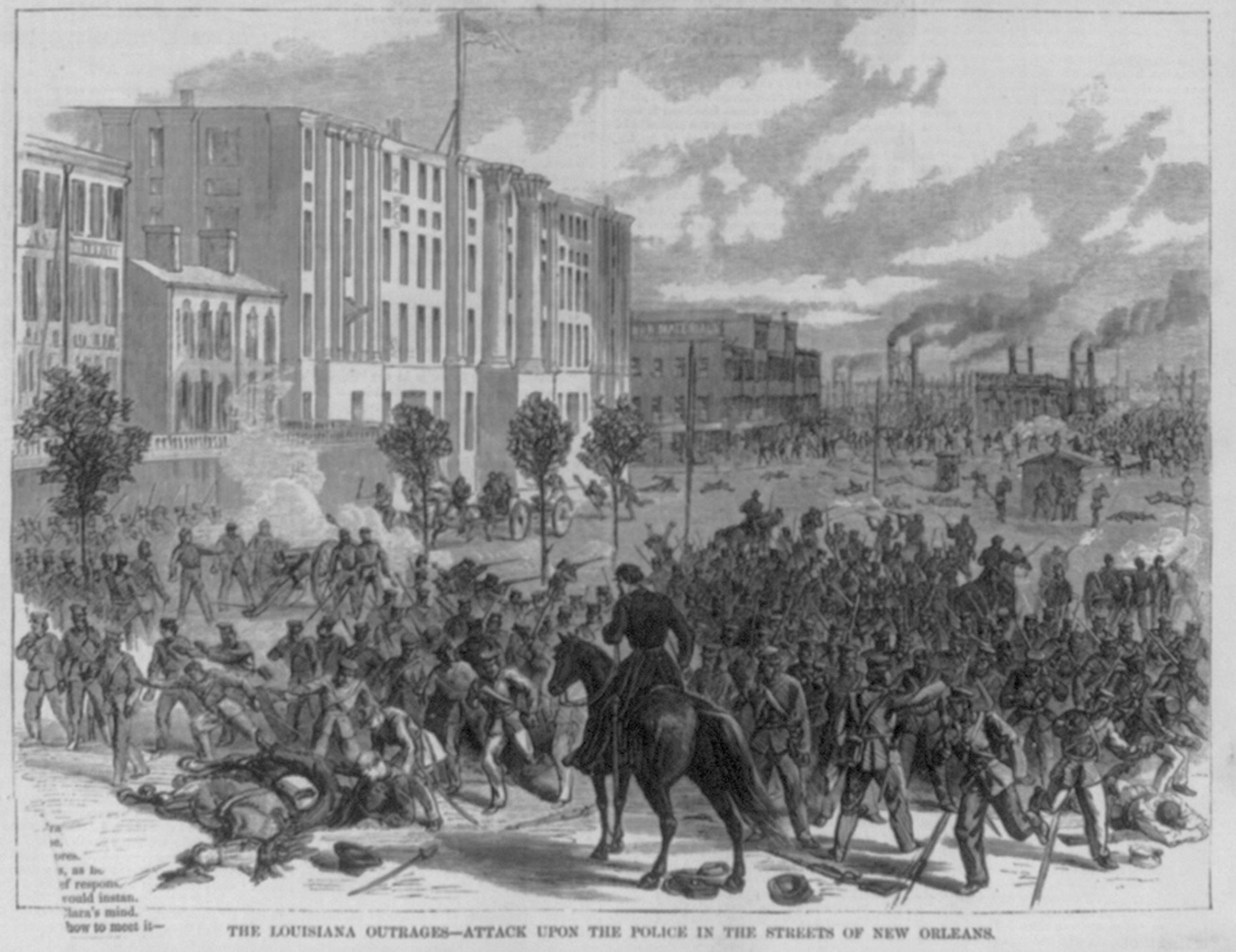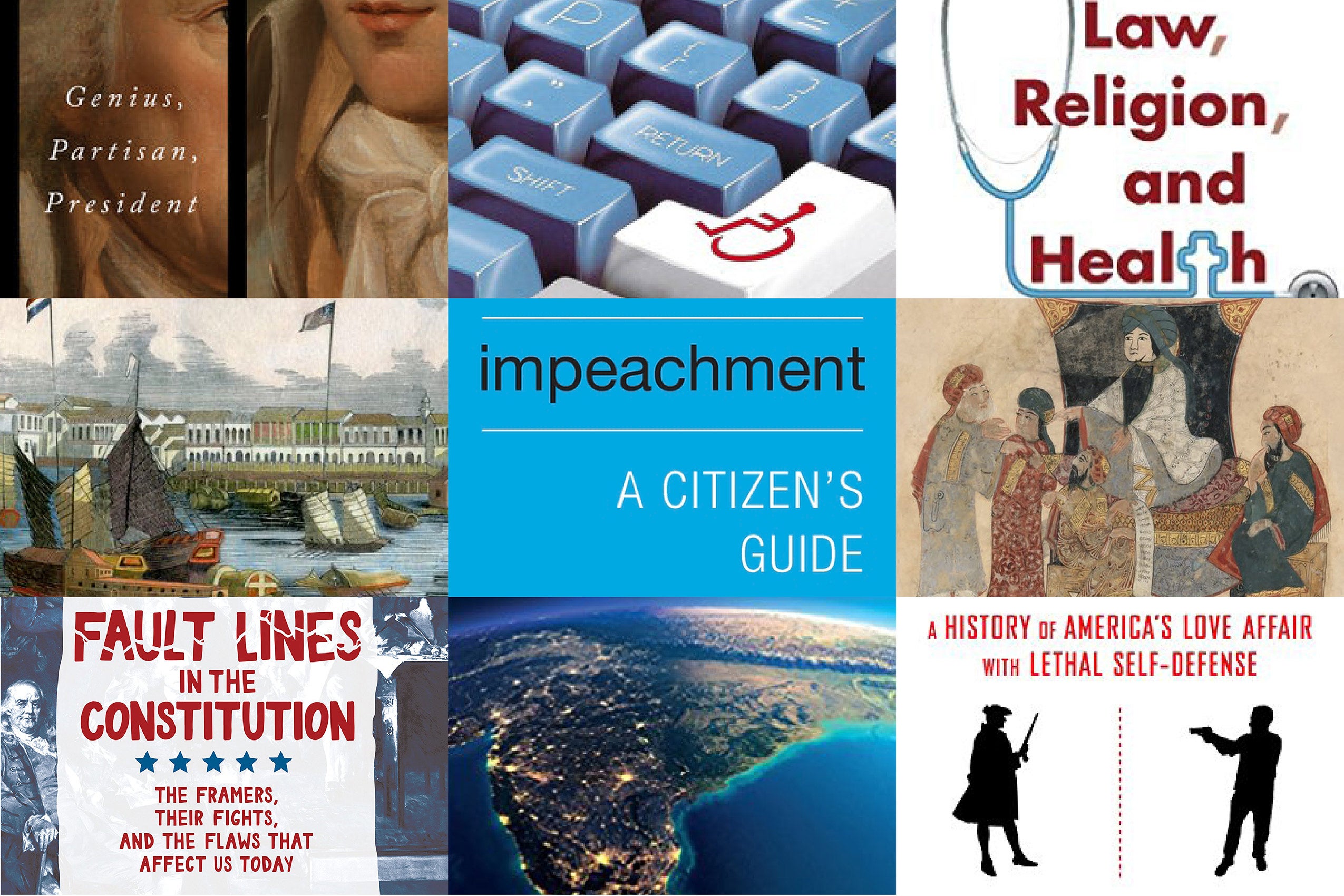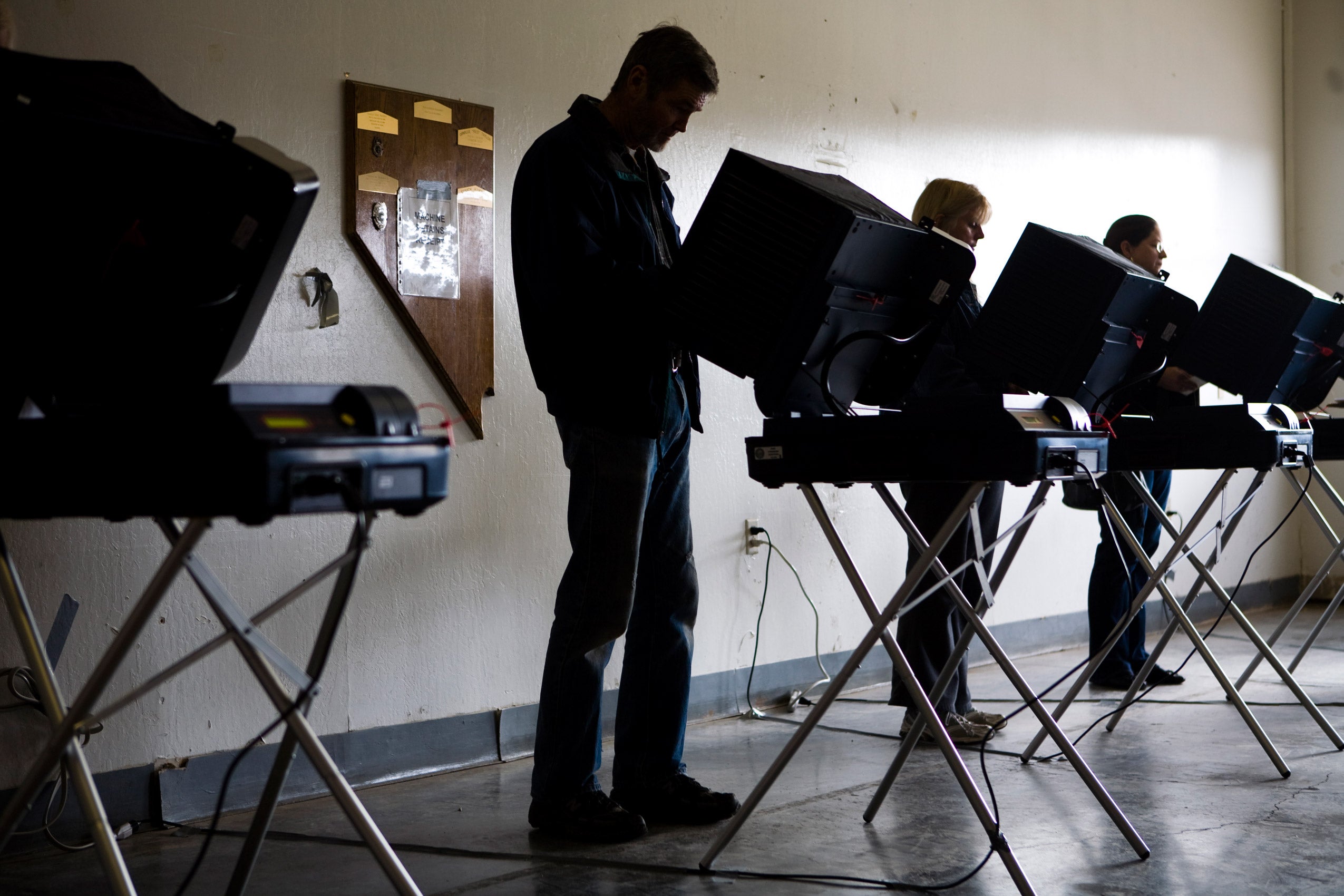People
Sanford Levinson
-
Supreme Court preview: Shurtleff v. Boston
January 7, 2022
Sanford Levinson speaks with Harvard Law Today on the question before the Supreme Court: Whether Boston can deny a religious group permission to fly a Christian flag on a Boston City Hall flagpole it labeled a “public forum” for “all applicants.”
-
A bipartisan commission appointed by President Biden unanimously adopted a report detailing controversies over the Supreme Court and assessing proposals to address them, but few expected the 294-page document to resolve political divisions concerning the judiciary that have intensified in recent years. At Tuesday’s meeting, members of the commission universally praised the report-writing process for its civil dialogue and regard for all views. However, the final report was neither designed to nor did it produce consensus or any recommendations. ... “The report is so measured in tone that it would make an excellent basis for classroom discussion, which is a mixed compliment,” said University of Texas law professor Sanford Levinson. “Its obvious concern with being relatively impartial means that it is unlikely to generate any genuine political movement.” ... “There has never been so comprehensive and careful a study of ways to reform the Supreme Court; the history and legality of various reforms; and the pluses and minuses of each,” said a liberal commissioner, Harvard law professor Laurence Tribe. “But in voting to submit this report to the president, I am not casting a vote of confidence in the court’s basic legitimacy. I no longer have that confidence,” he said, citing “the dubious way some justices got there” and “the anti-democratic, anti-egalitarian direction of its decisions about matters like voting rights, gerrymandering, and the corrupting effects of dark money,” all areas where conservative views prevailed. Mr. Tribe said the process had persuaded him to endorse expanding the court, a position he previously had viewed skeptically.
-
Power to the people
October 12, 2021
In “Power to the People: Constitutionalism in the Age of Populism,” co-authors Mark Tushnet and Bojan Bugarič argue that populism is neither inherently conservative nor necessarily inconsistent with constitutional democracy.
-
‘A grim form of political theater’
January 8, 2021
Harvard Law Visiting Professor Sanford Levinson puts the storming of the Capitol in historical perspective.
-
On the Bookshelf: HLS Authors
December 11, 2019
This fall, the Harvard Law School Library hosted a series of book talks by Harvard Law School authors on topics ranging from forgiveness in law, transparency in health and fidelity in constitutional practice.
-
Faculty Books in Brief: Winter 2019
January 29, 2019
With the increased use of a massive volume and variety of data in our lives, our health care will inevitably be affected, note the editors of a new collection, one of the recent faculty books captured in this section.
-
On the Bookshelf: HLS Authors
December 14, 2017
This fall, the Harvard Law School Library hosted a series of book talks by HLS authors, with topics ranging from Justice and Leadership in Early Islamic Courts to a Citizen's Guide to Impeachment. As part of this ongoing series, faculty authors from various disciplines shared their research and discussed their recently published books.
-
Federal Help for Arizona
August 28, 2017
A letter to the editor by Sanford Levinson. With regard to Arizona’s affinity for President Trump and its rejection of political liberalism, one might at least point out that Arizona flourishes only as a result of handsome federal subsidies by and large financed by strapped taxpayers living elsewhere. In fact, in 2014, the Grand Canyon State received about 43 percent of its operating funds from the national government, the highest ratio in the country. Perhaps the most dismaying failure of liberal Democrats is their consistent inability to hammer home the extent that would-be rugged individualists (most of them white and disdainful of “welfare”) are in fact dependent on the kindness of strangers.
-
Lewis Headlines Debate on Constitutionality of Final Club Sanctions
November 30, 2016
Four professors debated the First Amendment implications of the College’s plan to penalize members of single-gender social organizations on Tuesday, reframing a controversial campus issue in constitutional terms...David L. Howell, a professor of Japanese history, and Diane L. Rosenfeld, a lecturer at the Law School and founding director of the Gender Violence Program, argued in favor of the constitutionality of the policy at the debate, while computer science professor and former Dean of the College Harry R. Lewis ’68 and visiting Harvard Law professor Sanford V. Levinson argued the sanctions violated First Amendment values.
-
Visiting Harvard professor receives anti-Semitic postcard
November 22, 2016
A Harvard Law School visiting professor says he was stumped this week when he received a postcard full of virulently anti-Semitic rhetoric that seems to have been mailed to him all the way from England. The note, written in black ink, was sent to professor Sanford Levinson’s Cambridge office, he said. It also said, “We’re going to drain the swamp,” at the law school, a reference to a slogan of president-elect Donald Trump’s campaign. “It certainly is as hostile as it could be. But I don’t know what to make of it,” said Levinson, 75, in a telephone interview. “It was a card apparently mailed from the [United Kingdom], and, you know, it’s a bit odd that it was mailed to me here at Harvard.”
-
The Electoral College: Here to stay?
November 7, 2016
Constitutional Law expert Sanford Levinson focused on the political implications of the Electoral College at HLS on Oct. 21. He emphasized that the U.S. Electoral College system is unique among the election processes of major countries, which tend towards popular vote models, and he connected it to what he terms “the Constitution of settlement."
